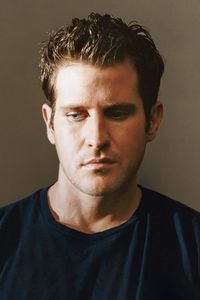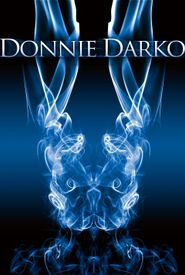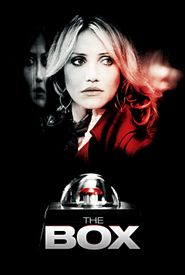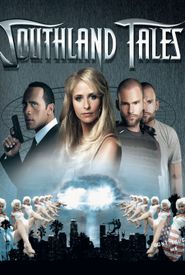James Richard Kelly, professionally known as Richard Kelly, is an American film director and writer, who gained immense recognition for penning and directing the cult classic Donnie Darko in the year 2001.
Born James Richard Kelly, he is the son of Lane and Ennis Kelly, in Newport News, Virginia. He spent his childhood in Midlothian, Virginia, where he attended Midlothian High School and graduated in the year 1993.
As a child, Kelly's father, Ennis, worked for NASA on the prestigious Mars Viking Lander program, which undoubtedly had a profound impact on Kelly's interest in the film industry.
Kelly's academic pursuits led him to secure a scholarship to the University of Southern California, where he studied at the renowned USC School of Cinema-Television. During his time at USC, he was an active member of the esteemed Phi Delta Theta fraternity.
Prior to his graduation in 1997, Kelly created two short films, namely The Goodbye Place and Visceral Matter, which showcased his exceptional skills and laid the foundation for his future success in the film industry.






















